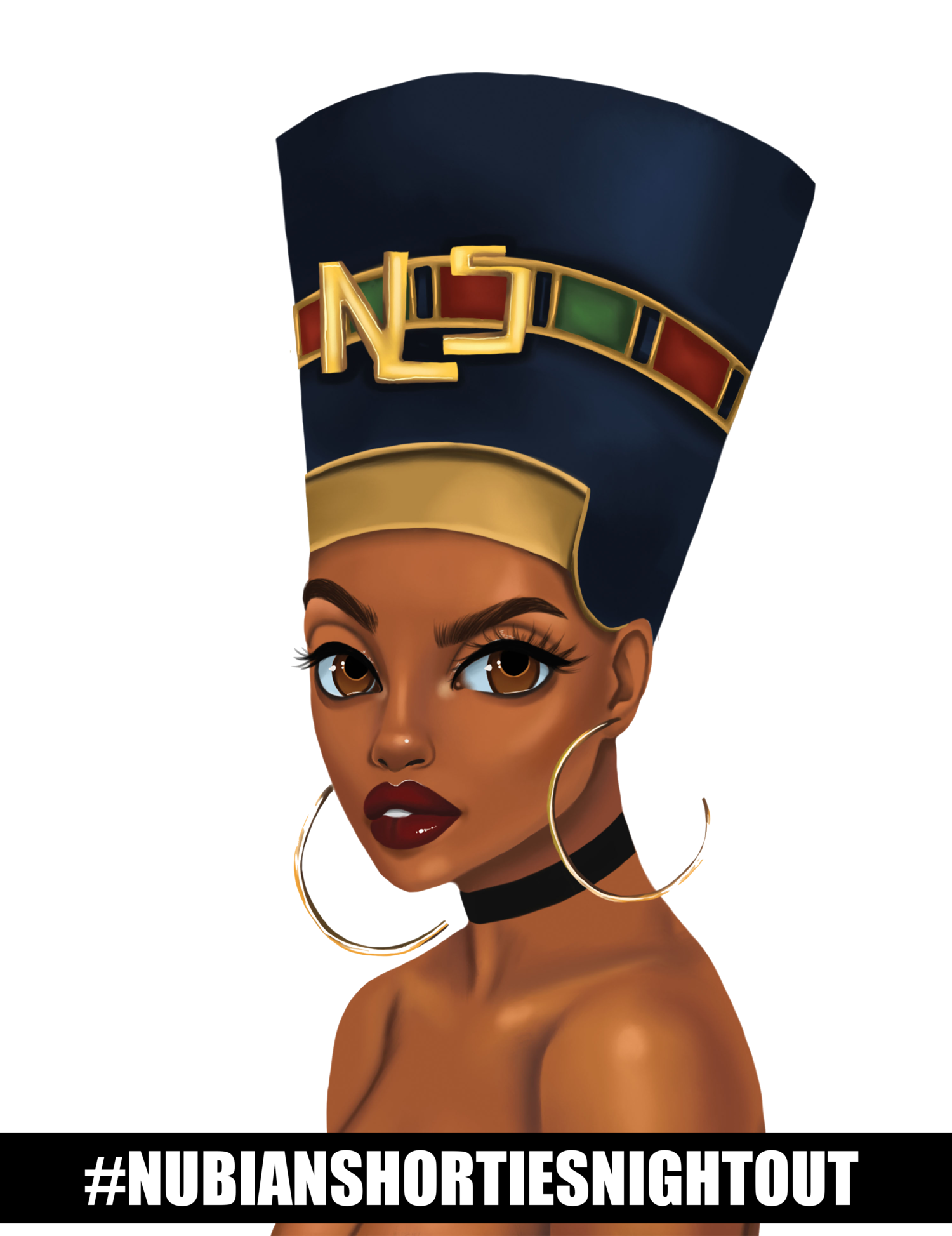How Many White Women Are You Friends With?
Quick question. How many white women are you friends with? I’m talking genuine friendships. When I asked myself this I thought back on my life through the lens of friendships I’ve had and I say none. Of course, I’ve had pleasant coworkers and white women that I could hang out with. In spite of the few whose company I enjoyed; were there any I actually trusted enough with the responsibility of friendship and the responsibility of being a good friend to me? Again, the answer is none.
Healthy friendships, especially for Black women, are not only our outlets but also our security blankets. Friendships are the key to how we validate our sense of self, making it crucial to our enjoyment of life. Our friends confirm our self doubt, our fears, and our racial experiences in our daily life—without the pressure of being the superhero Black woman. A safe haven that we rarely get to experience outside of our friendships. We get to be seen as simply human. To the point that they are no longer just friends but fictive kins.
To fully achieve this, requires a certain level of trust, that I have yet to experience with a white woman. Trust that I feel is blocked due to their ingrained racism, the empowerment that comes from it, and their inability to admit it even exists.
My distrust of white people in general, but for the sake of this post white women, protects me. It makes me aware to never get too comfortable because that could be the difference in comfort or discomfort and even life or death. An uncomfortable conversation about my hair at the water cooler or cops being called because they’re unaware that I even work there. I always keep an arms length distance between them and who I really am, because would they even understand? Actually the real questions is, would they even care enough to try to?
I was inspired to write this after reading an insightfully written article, Can black women and white women be true friends?, written by Kim McLarin. In her first point she touches on a scene from Roots:
“Missy Anne (the name itself is black shorthand for a white woman, a forerunner of “Becky”) and Kizzy have grown up together. Missy Anne has even secretly taught Kizzy to write and read. She is delighted at the prospect of becoming the legal owner of her friend.
Kizzy is less so: Among other things, she doesn’t want to leave her family. But she knows enough not to voice her displeasure; she feints and feigns until Missy Anne demands an answer.
“Kizzy, don’t you want to be my slave?” the white woman pouts. “Aren’t you my friend?”
This resonated with me because in college, I had a white woman, that I believed was my friend, flat out tell me, after a year of this friendship, that darker complexion Black women weren’t as approachable as lighter complexion Black women. At the very least, I was annoyed but it put into perspective that as someone who is one of the gatekeepers in a racist society she is going to take this preconceived notion with her in every position she holds. Causing unfair treatment and possible harm to these darker complexion women she judges as a threat.
Also when she told me this, she never put into consideration how I might feel. She didn’t think, Tiffany was still a black woman and would be offended no matter complexion. She didn’t give any thought to the fact that there are plenty of darker complexion Black women who are my family, friends, and even those I don’t know that I have allegiance to before her. Because, similar to the feelings of Missy Anne, why wouldn’t I want to be her friend above all else.
This was just a small ripple in the big pond of my distrustful relationship with white women. Which becomes enforced more when it seems like on a daily basis white women are harassing and calling the cops on Black people for simply living. They’re not doing this because they fear us. This is another way to exert their power over us. We come up with cute names for them, Permit Betty, Newport Nancy, and others. However, there’s nothing cute about their behavior.
In the words of writer Ruby Hamad,
“White Womanhood acts as a buffer between whites and non-whites. Serving as the virtuous, innocent face of western civilization, white women have historically kept power firmly in white hands by defending and denying its violence.”
In translation, white women know where they stand in society and don’t want to give up their place and the privilege that comes with it. More insidious than their male counterparts, it should be dually noted, white men would not be where they are without white women as their collaborators. With this in mind, how could we as Black women, the conerstone of the Black community, trust anyone who has a part in trying to dismantle us. And on a smaller scale how do we trust someone who doesn’t even want to understand us.
Any semblance of friendship could only come into fruition through a series of thorough conversations on race and the benefits they receive from keeping things as status quo. In addition to, fully acknowledging my experiences and accepting them as fact. Which, quite frankly is too much work for me. It’s not an investment I don’t see as valuable or beneficial. It’s effort that I could be extending to my Black peers rather than one white woman dealing with her white guilt.
Until the day comes that I’m willing to endure this act of labor for a true friendship with white women, I doubt it will every exist. I want to hear your experiences, however. Do you have any true friendships with white women? And if so, share your thoughts or disagreements in the comments.



